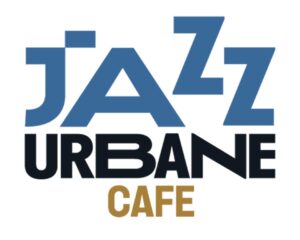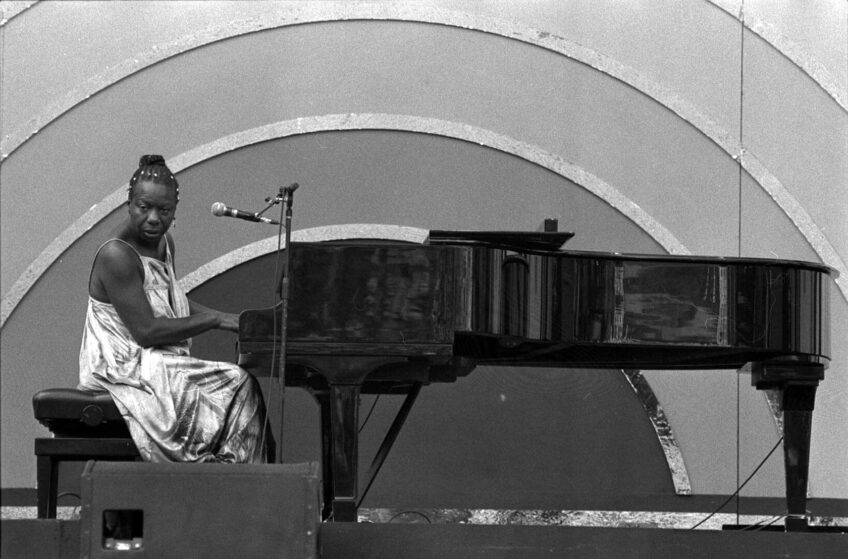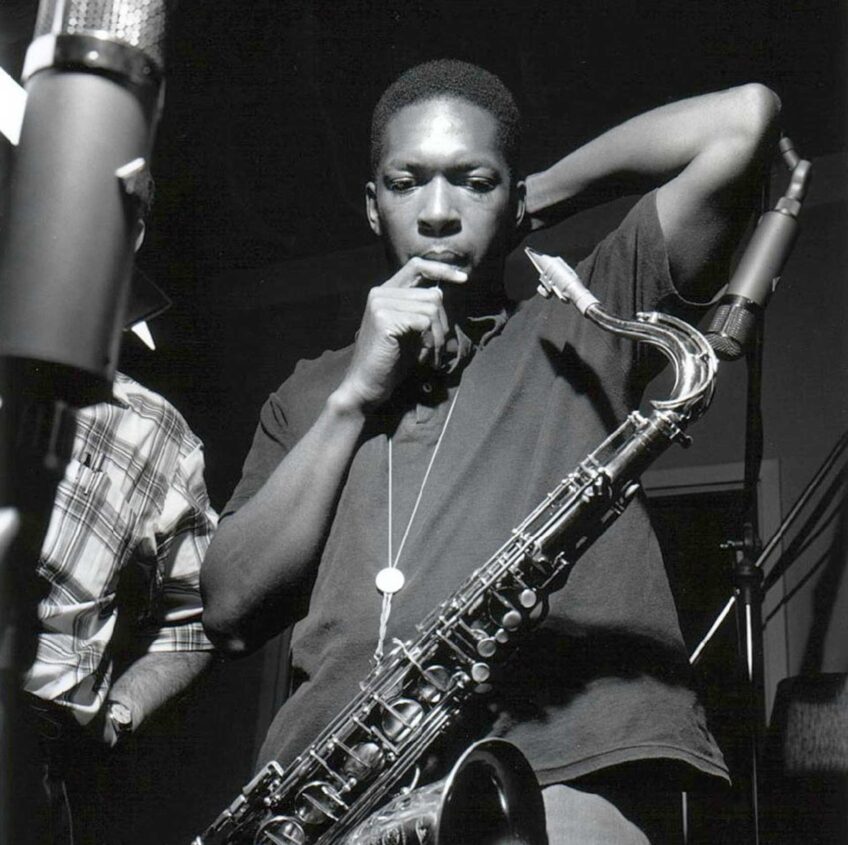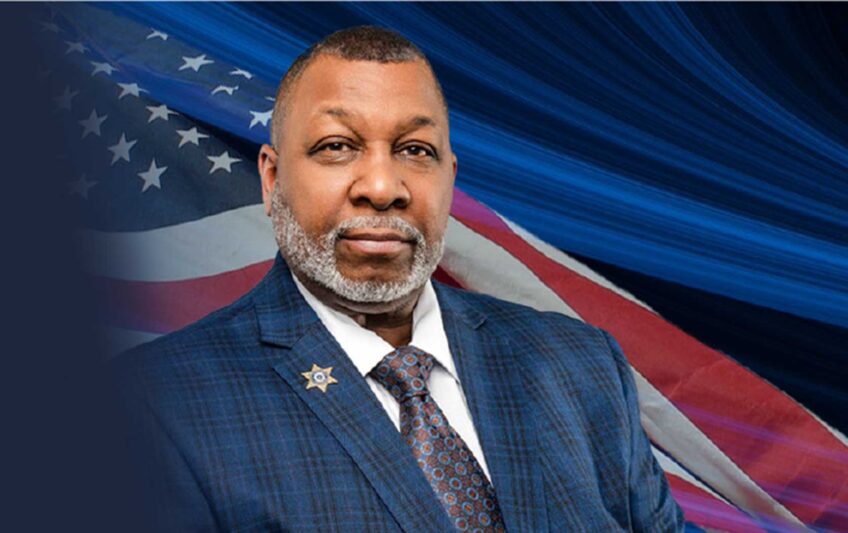The Jazz Urbane Cultural Commentary
One question of interest in culture today is, how do we see ourselves? With all the speculation around pundits and polls and those seeking profits, it seems clear that we must ask ourselves what we can each do to commit to our own sense of worth by committing to uphold a just set of values. These values define how we will live our lives forward, despite the mess we see all around.
This share is on “life alignments,” how we live today walking between the cultural landscapes, impulses and shaky societal grounds.
Given the new uptick in political terrain over “Kamala Karma,” we do get the sense that something wonderful around us can happen.
Our strategic social and cultural reckoning let’s call it, and reflections on ways of life alignment can truly put our feet to step in directions toward changes, as we identify some ideals that matter in the world today.
It’s about making our checklist of what we can do to reach some sanity while standing tall on this shaky ground. The hope is that we have many people from different paths traveling on similar roads in this way.
How do we speak to our current challenges with redemptive relevance, despite the tripwires and dilemmas, but give hope and strategy forward?
In a 1937 piece called “Living Forward,” Richard Wright wrote, “…seek to function … as a purposeful agent has a serious responsibility . . . being called upon to do no less than create the values by which we are to struggle, live and die . . . create the myths and symbols that inspire a faith in life . . . must be found those materials and experiences which will create a meaningful picture of the world today . . . Surely this is the moment to ask questions, to theorize, to speculate, to wonder out of what materials can a human world be built.”
Creatives
Those of us who work in the humanities, artists, educators, culture creators and writers, are responding to all this shaking around us and concerned about how we are defining culture today and forward. It is both a reality of our condition and a great opportunity to do things.
So much of our popular culture demeans positive identity.
Without enough steady hopeful aspirational themes what’s left are problematic narratives for young people. One has to wonder if this is being constructed, produced and promoted to undermine the power of more positive images and messages.
PolicyLink, a national research and action institute advancing racial and economic cultural equity, has launched an exploration of a new initiative to assemble a broad-based coalition to design and implement a national campaign to establish a cabinet ssecretary for arts and culture. This leadership position will support the nation in how people join together, nourish the spirit, uplift communities and create a connection.
PolicyLink founder Angela Glover Blackwell, explains the purpose behind this position, “As the nation becomes more culturally diverse, with generational shifts and growth, and yearns to find comfort and stability during an era of great polarization, the universality embodied in all forms of the arts has the power to bridge difference and can be leveraged, by national solidarity with the potential to bridge a collective, connected American identity, where we can all feel seen, valued, and honored in the fullest forms of our humanity. The arts hold the key to unlocking a future where unity is fostered, diversity is celebrated, and all Americans can find pride, empathy, equity, and connection in a vibrant, cohesive cultural landscape. It seems these initiatives are important and are tangible results that can point to an American collective, connected identity, and that matters.”
Unlocking the prison of the minds
In our larger culture today, there is a lot of time spent on seeing ourselves. Today we have so many talking and sharing platforms, from Facebook, Instagram, Tick-Tok to YouTube. The control of your life narrative, and putting that out there, is a very powerful thing.
Some have argued that today’s culture of downloads, YouTube, and the Internet, in some ways, is eroding parts of the traditional creative base of thinking in our culture. It does this by substituting a commoditized, constructed product and offering up a messy, market-saturated monster known as “popular culture.” It’s convenient, it’s cool, it’s cost-efficient. Some of these reflect generational differences and are merited. But far too much of what goes on in culture is the result of greed and the insidious support of on-demand commercialism that powerfully defines our purchase needs, aesthetics, cultural politics, and our very identity as modern beings.
These entities are constructed within the guise of popularity and, in some cases, technological innovations. We do benefit from these extremely powerful electronic tools. However, as this all relates specifically to human spiritual matters, some of these things are increasingly becoming the kiss of death because they are based on false premises and the promise of profit by demand in numbers.
There is nothing old-fashioned about this kind of critique and caution in the face of the suffocating, pervasive, and all-permeating mass media monster that operates solely on greed. This is about values and life alignment adjusting.
And so that is our challenge, and our charge: to maintain and sustain our values, a base of operations, and to continuously train and empower younger people to become successful by high standards and to continuously create the workings and ideas that matter and moves people up and upward.
Albert Einstein, during the most horrible dilemmas in his life, in his struggles to align himself with the right choices in troubled times, stated, “As long as I have any choice, I will only stay in a country where political liberty, tolerance and equality is the rule. I do feel in America the one valuable thing that is possible, is the development of the individual and his creative power….The fate of mankind hinges entirely upon, man’s moral development….”
Let’s do the work making differences
How do we go forward and see ourselves in the right frames?
Given the challenges we face as individuals today, a call to constructive action, real ownership of your values and living your truth act as a way forward. What would it take in your view to get to your best life alignments? What are these and how do you live them?
The best view is when we can see ourselves in a mindset of doing well for and with others. We only have one life to live, we might as well spend it moving forward to things that matter and are meaningful, with actions that champion the best our humanity can put forward. This is our healing, motivating move forward.
These perspectives are critical to how we see ourselves and how we align ourselves through the lens of legacy, historical practices and transformative actions that impact the world.
And lastly, we should be aspiring to make a difference in the world we live in, as Wright extolled, to function in this time as a purposeful agent with a serious responsibility.







